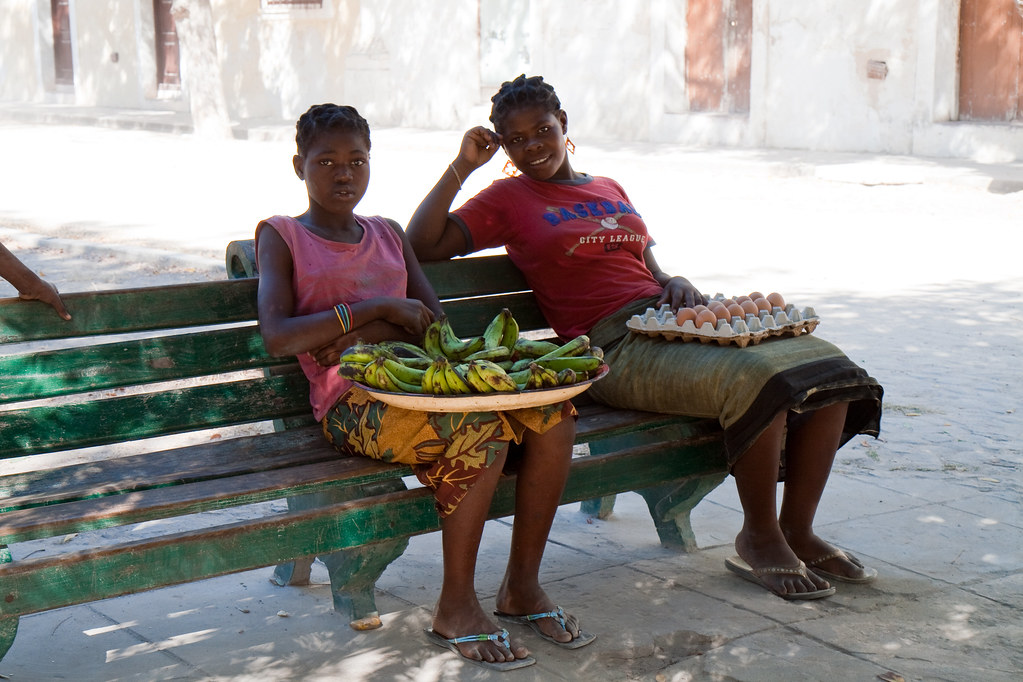Mozambique’s Cabo Delgado province embodies both immense potential and sobering development challenges. Home to Africa’s largest liquid natural gas reserves, it also suffers from extremely low female literacy, hampering human capital. Addressing the education gap amid conflict is critical to Mozambique actualising its promise.
Only 25% of Cabo Delgado women can read and write, on par with fragile states worldwide. This hinders women’s economic participation and underscores broader development gaps. An Islamic State-linked insurgency has exacerbated the situation, displacing hundreds of thousands.
Yet Cabo Delgado also hosts transformative megaprojects like the $20 billion Mozambique LNG undertaking by global energy firms. Such initiatives could create jobs and infrastructure. But their positive impact relies on upholding human rights and investing in local skills.
Mozambique must therefore make women’s education an urgent priority, the key to stability and inclusive growth. Girls who learn are empowered to reach their full potential, raising healthier families and driving community progress. No nation can thrive if it is half-educated.
Cabo Delgado’s girls represent Mozambique’s future. Even amid conflict, mobile schools and empowerment initiatives must continue. Companies extracting the province’s gas must support skills programs. By making women’s literacy a top goal, Mozambique can unlock the promise of its resources to lift all its citizens.
Africa boasts immense wealth. But our greatest resource is our people. Mozambique’s example highlights that realising the continent’s potential requires empowering its girls through access to quality education. This is the wisest investment any African nation can make.

